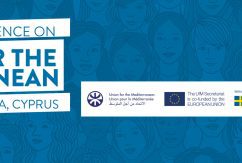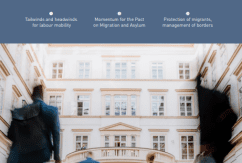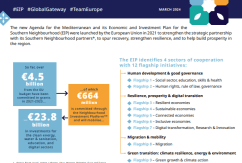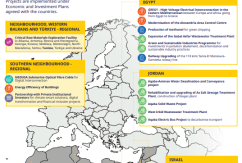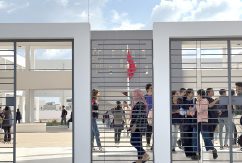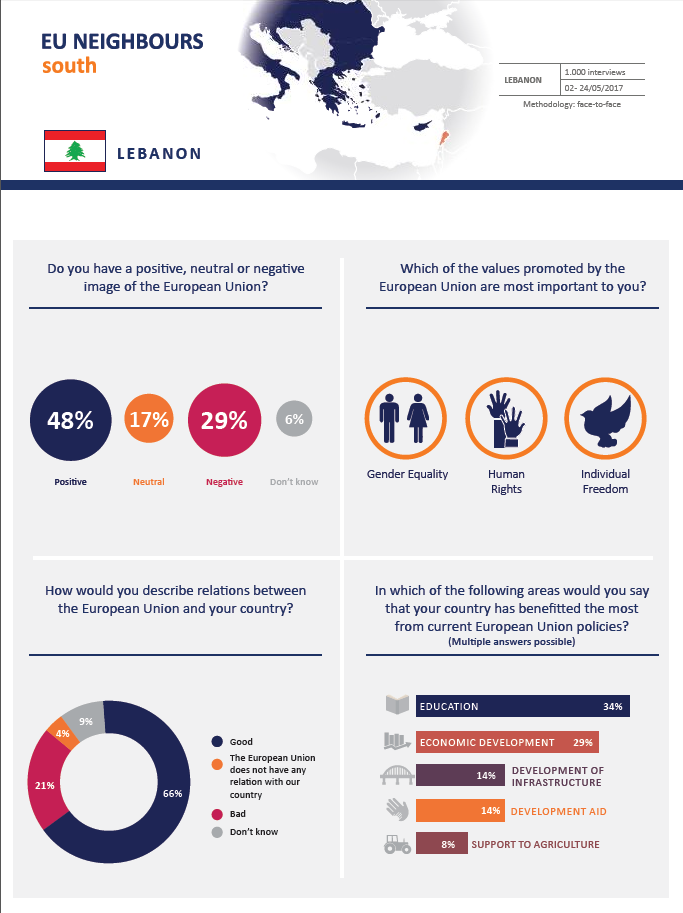Opinion Poll 2017 Israel (factsheet)


Israeli share values with the EU, but divided on relations, poll finds
Most Israelis feel the European Union is an important partner, and that the EU and Israel share sufficient common values to cooperate, but they are divided about whether their country actually has good relations with the EU, according to the latest annual opinion poll in Israel, carried out by the EU Neighbours South project.
The survey – part of a wave of opinion polls carried out in seven southern Mediterranean partner countries – was conducted in Israel from April-May 2017, with 1,096 people consulted in face-to-face interviews. Respondents were asked about their general perceptions of the EU and the values with which it is associated, about EU relations with their country, and the impact of EU financial support. The surveys also look at preferred sources of information, how people feel about their personal situation and the situation in their country, and their expectations for the future.
In general, Israelis were far more sceptical about the EU than the other countries that were surveyed in the region (Jordan, Lebanon and Palestine in the Mashrek, and Algeria, Morocco and Tunisia in the Maghreb).
Asked to describe relations with the EU, 45% said they were good and 40% said they were bad, well below the average of 64% in the Mashrek who felt their country had good relations with the EU (76% in the Maghreb). Forty per cent of those asked felt the EU had a positive influence on socio-economic development in Israel (compared to 58% in the region), while 21% felt it had a negative influence. However, a large majority (85%) said EU financial support was effective.
Most Israelis felt the EU and Israel had sufficient common values to cooperate (63% – more than the regional average of 61%), and acknowledged that the EU was an important partner for Israel (55%). But only one in four agreed that the EU brought peace and stability to the region, while 65% disagreed.
In more general terms, Israelis were divided between those who had a positive image of the EU (35%), those who had a neutral image (33%), and those with a negative image (27%). The values most frequently associated with the EU were democracy and equality between men and women; those least associated with the EU were honesty and an absence of corruption.
Israelis feel EU support has contributed the most in the areas of agriculture (30%) and education (29%), but they want the EU to play a greater role in economic development and trade.
Israel is very much a digital society, but also a society that consumes news across all mediums: the Internet is the main source of news among Israelis (64% – way above the regional average of 48%), and Israel is the only country where the Internet comes ahead of television, with 45% tuning in to state TV for news and 34% to private channels, while 38% use social media feeds for information. The written press is much stronger than elsewhere in the region, with 31% reading publicly owned newspapers and 29% the private press (compared to 21% and 17% respectively in the Mashrek). Twenty-six per cent tune in to public radio and 15% to private radio.
More than three-quarters of Israelis are satisfied with their lives (77%, compared to an average of 65% for the Mashrek). And they are bullish about the economic situation in their country (60% feel it is good, compared to just 38% in the region). Thirty-six per cent think their lives will get better in the next 12 months (only 8% think it will get worse), and 23% are optimistic for economic growth.
The EU Neighbours South regional overview report and factsheets are available here.
To find out more about EU – Israel cooperation and partnership, go here.



